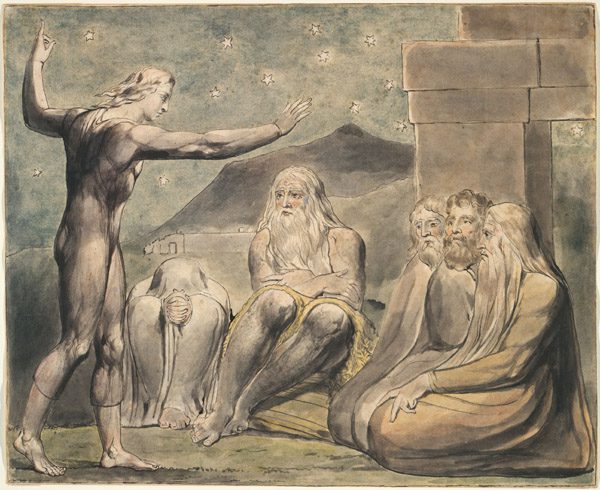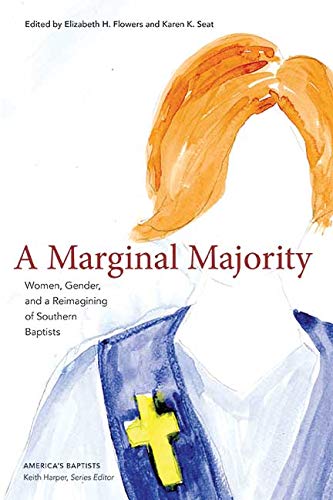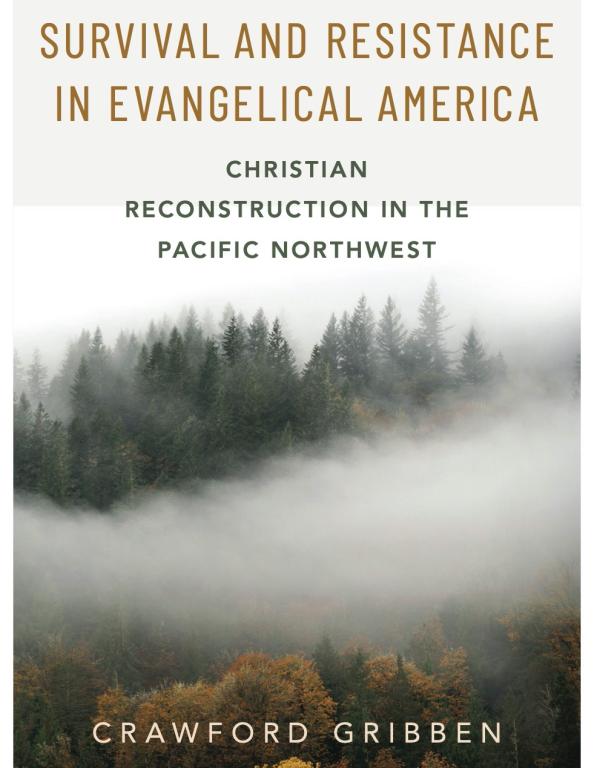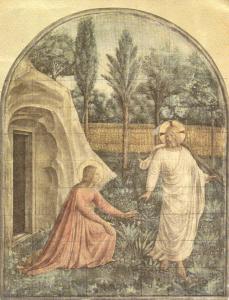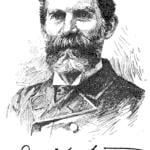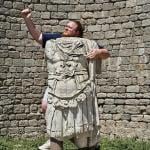Today Chris Gehrz and I are collaborating to talk about Vice President Walter F. Mondale, who passed away at the age of 93 this week. Mondale served as a US senator from Minnesota from 1964-1976 and vice president of the United States from 1977-1981. He was the Democratic Party’s nominee for president in 1984, and though he suffered a landslide defeat in his race against Ronald Reagan, he is still remembered as the first major-party presidential nominee to select a... Read more




